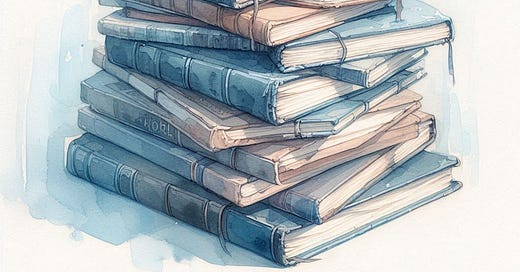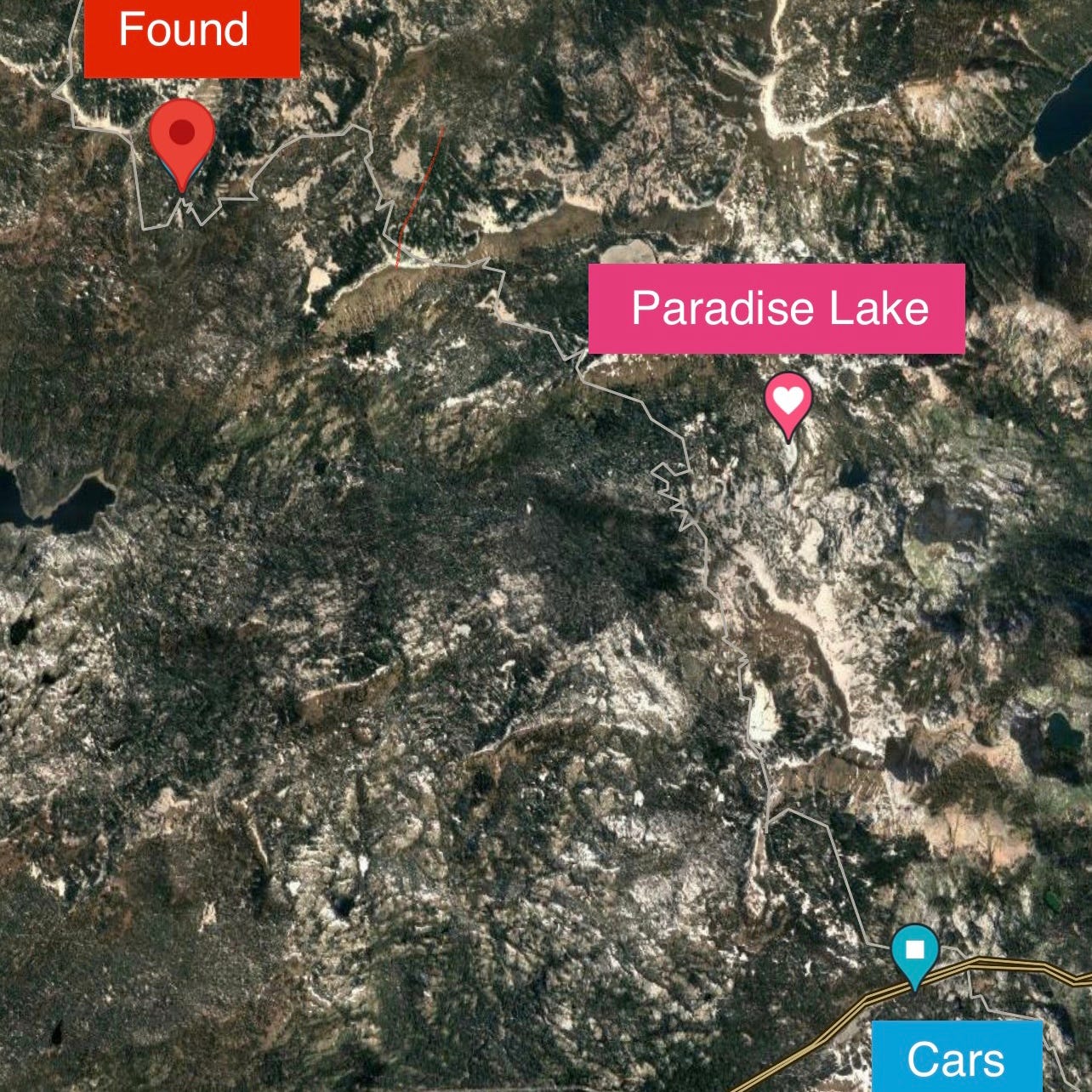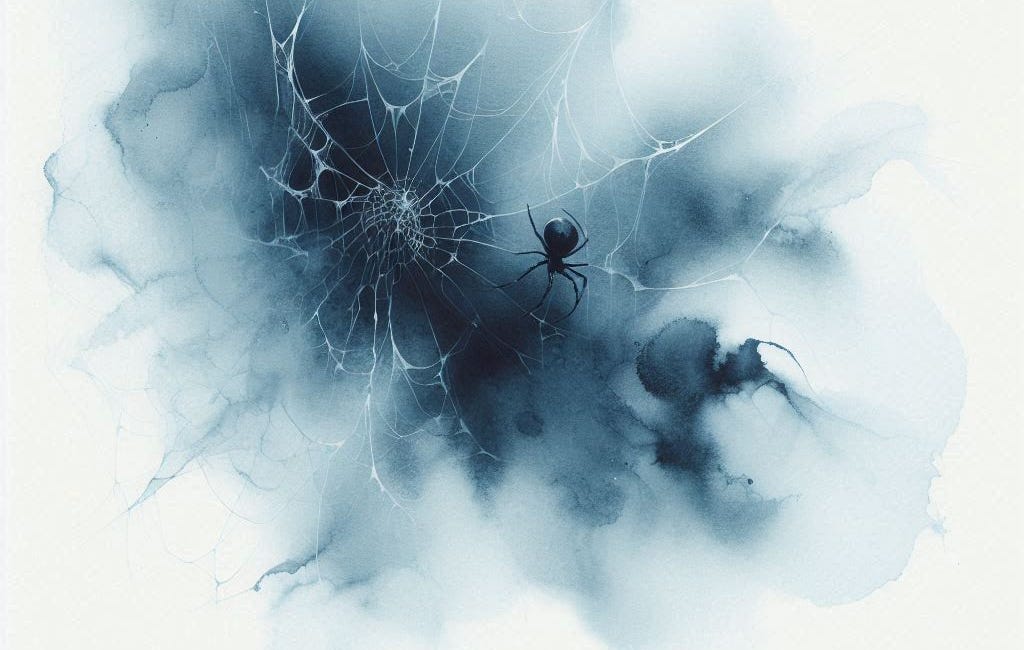I’ve been in love with writing for as long as I can remember.
Before I could verbalize my feelings, I wrote them down. Before I understood what I thought, I let my pen figure it out.
Writing was how I made sense of things — of myself, of my environment, of what it meant to be a little girl with big feelings and no guidance on how to be with them.
The love started with the alphabet. The joy of forming letters just right. The deep satisfaction of matching the slant and spacing to the examples in the workbook. I didn’t just want to get it right, I wanted it to be beautiful. Perfect.
Then came cursive. That felt like learning magic, like being let in on a grown-up secret. The looping Ls and zig-zaggy Zs. Writing in cursive felt like a rite of passage into the world of adults where people signed checks and left notes on the counter for other adults to decode.
By the time I got my first journal — the kind with a lock and a tiny gold key — I already knew writing was a special kind of power.
I kept my journal tucked in my dresser drawer. And when I opened it, it felt like stepping into a world that was mine alone. A quiet space built to hold whatever I shared, without interruption, correction, or judgment.
That’s where the love affair began to flourish.
At first, I filled those pages with the usual suspects — crushes, friend drama, what she said, what I should have said. Play-by-plays of classroom politics and feelings for boys who were just as awkward in their communication as I was.
But as I got older, the entries deepened.
They caught heartbreak, conflict with my parents, and the ache of feeling misunderstood.
My journal never told me to calm down or stop being so sensitive. It simply let me write.
Over time, I began to explore my identity on the page — not through bold declarations, but through subtle observations.
What I wanted.
What didn’t feel fair.
What made me feel alive, or ashamed, or finally seen.
Sometimes I wrote stories. Sometimes I imagined a completely different life. And sometimes, I just let the emotions tumble out in long, looping paragraphs — unfiltered and unedited.
Through the ups and downs of my youth, my journal was constant. A steady companion. A confidant that always made room for my truth.
But like so many things we hold dear in youth, writing eventually slipped into the background.
In my twenties and thirties, I journaled only sporadically — often while traveling, rarely at home. Life got louder. Fuller. There was a career to build, relationships to navigate, motherhood to figure out.
I always meant to write. I signed up for classes here and there, hoping to rekindle the habit. But eventually, life would win out and the practice would fade.
And while I never stopped loving writing, I stopped trusting it to lead anywhere.
It felt self-indulgent (and still does sometimes). And the dream of writing a book felt far away — the kind of thing reserved for people with more time, more discipline, more of an MFA.
Still, something in me kept burning.
I came to a point where I was running marketing for a tech startup and started searching for my next role. I stumbled across a job in content marketing — a growing field with one major requirement: excellent writing skills.
So I applied. I got hired. And suddenly, I was making a living writing for brands.
Assuming their voice. Their point of view.
I wouldn’t trade that experience for anything. It taught me craft, strategy, structure — and how to write with an audience in mind.
But it’s funny how life has a way of reminding you that you’re close… but not quite there yet.
In 2019, my last serious relationship ended, and I found myself in a kind of freefall. My self-worth vanished. I didn’t even feel like a human being.
In the middle of that unraveling, I had two clear thoughts:
I need to tell Mom I love her.
I still haven’t written my book.
So I told Mom I loved her. And I started journaling again.
My handwriting was shaky at first — tight, uneven, barely legible. I hated the way it looked. But I wrote anyway.
Something in me knew that if I could reconnect with this part of myself, I might be able to write my way out of the grief.
And I did.
As I filled my journals, my handwriting returned to me. The lines smoothed out. The pressure steadied. And I recognized my voice again.
Then, in 2022 — almost exactly three years later — I had a second wake-up call.
I was backcountry camping in Tahoe National Forest. On my way out, my friend and I — along with our dogs — got turned around and unknowingly hiked in the wrong direction for nearly seven hours. We ran out of water. Got separated. And suddenly, I was alone. Lost. Spiraling.
The forest was eerily quiet. Vast and utterly indifferent to my predicament.
I had no signal. No map. No clear way out.
And no idea how to solve the problem I’d created for myself — and my beloved dog.
The dread rose in my body like a tide.
I wouldn’t let myself think about my daughter — she was 16 at the time — because even the thought of her triggered a panic I could barely contain.
But through all the fear, one thought broke through with clarity and sharp frustration:
I still haven’t written my book.
Eventually my friend and I reunited and stumbled onto a dirt road. Not long after, a young couple in a dusty pickup truck came upon us and gave us a ride all the way back to Truckee.
During that ninety-minute drive, I made myself a promise:
I will start the book.
And I did.
In just a few days, I wrote 40,000 words — nearly half a book.
And while I’d love to tell you it’s finished… it’s not.
Not yet.
But here’s what I can tell you:
Since that time, I’ve shown up to the page almost every single day. I’ve stayed with the practice. I’ve dedicated myself to publishing my writing and finding readers who are moved by it.
And the book will happen.
One of the unexpected joys of writing regularly on Substack has been connecting with other writers — people who love words as much as I do, who care deeply about meaning, memory, and the stories that shape us.
One of those people is my dear friend, Josephine Courant of M.A.M (Middle-Aged-Mum) Diaries.
We come from very different worlds.
While I was raised on tater tots and tornado drills in the Kansas public school system, Josephine was sipping tea and honoring tradition at a posh British boarding school.
And yet, we’ve bonded over our shared love of journaling.
As we’ve revisited our childhood diaries, we’ve realized just how hilarious, heartbreaking, and surprisingly revealing they are.
So we created a space to honor those journals — not just ours, but others too.
That’s how Wellies & Wranglers was born.
It’s soon to be a podcast and newsletter hosted right here on Substack, launching later this summer. We’ll be reading from our own diaries and inviting guests to do the same.
We laugh. We cringe. We connect the dots between then and now.
It’s a love letter to our younger selves — and a reminder that those younger versions of us are still in there, full of truth and fire and wonder.
You can learn more and subscribe here, if you’re curious.
And if you take anything from what I’ve shared today, let it be this:
Return to what lit you up before the world told you to be practical.
Listen for the gifts that keep whispering.
And hold tight to the dream — the one that won’t leave you alone.
It was planted there for a reason.
Love,
Linzi
In case you missed it
The Freedom to Love Out Loud
What happens when we stop holding our love inside and start letting it move through us.
When Past and Present Share a Table
A reunion, a birthday, and a time capsule. What nostalgia says still matters.
The Spider, the Meme, and the Distance Between
What a black widow taught me about conspiracy theories, egos, and living across a political divide.











And yet again this week, I’m struck by learning more about someone I’ve known and loved for 43 years. Thank you for that.
Sadly, my “Dear Diary” wasn’t among the keepsakes in my time capsule but I clearly remember how gratifying it was to document the earth-shattering events at my grade school and junior high. Pretty much like yours - imagine that.
I look forward to your Podcast…and your first book!
“My journal never told me to calm down or stop being so sensitive. It simply let me write.” I feel this so deeply. The journal holds space for emotions that other people were unable to tolerate.